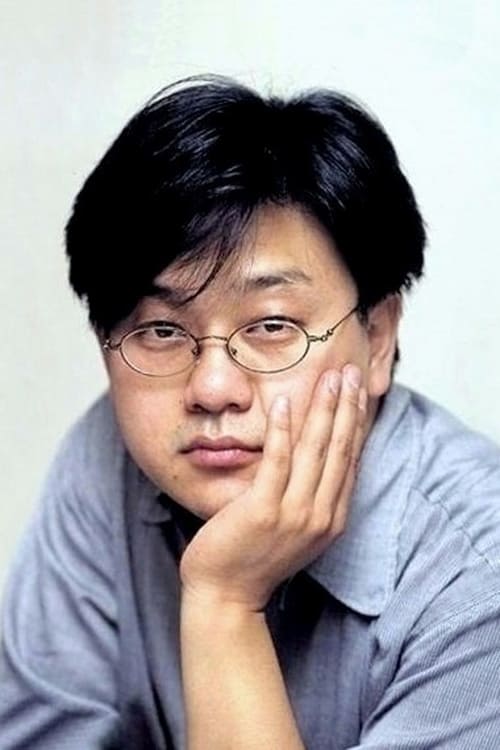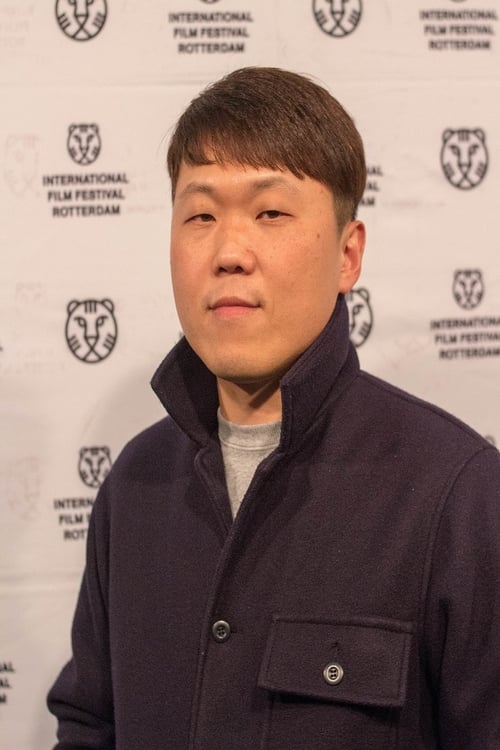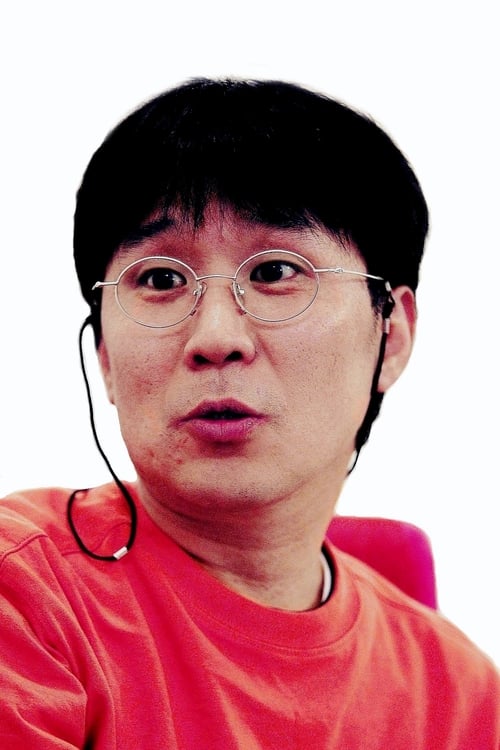Oh! Dreamland (1989)
ジャンル : ドラマ, 履歴
上映時間 : 2時間 10分
演出 : Jang Dong-hong, Chang Youn-hyun, Lee Eun
脚本 : Hong Ki-seon, Su-chang Kong
シノプシス
After the Gwangju Democratization Movement is terminated by brute force, Jong Soo runs from the authorities and goes to Dongducheon in search of Tae Ho, an older neighbor from his hometown. He is a student at Jeonnam University and a night school teacher who is on the run because of his involvement in the Gwangju Movement.
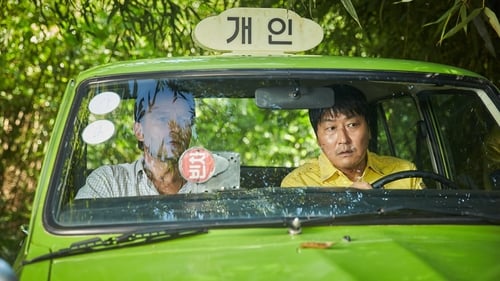
韓国現代史上最大の悲劇、1980年の光州事件を巡る実話を、ソン・ガンホ主演で映画化した実録ドラマ。戒厳令下の光州を唯一取材したドイツ人記者の真実の行動を、彼を乗せたタクシー運転手の心境を追いつつ描く。
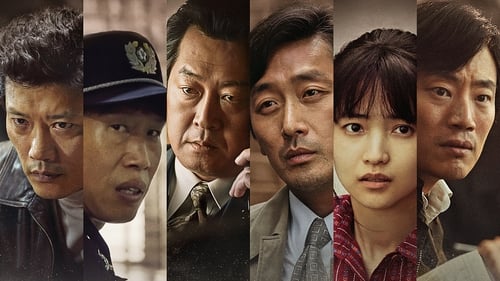
1987年1月、全斗煥大統領による軍事政権下の韓国。南営洞警察のパク所長は北分子を徹底的に排除するべく、取り調べを日ごとに激化させていた。そんな中、行き過ぎた取り調べによってソウル大学の学生が死亡してしまう。警察は隠蔽のため遺体の火葬を申請するが、違和感を抱いたチェ検事は検死解剖を命じ、拷問致死だったことが判明。さらに、政府が取り調べ担当刑事2人の逮捕だけで事件を終わらせようとしていることに気づいた新聞記者や刑務所看守らは、真実を公表するべく奔走する。また、殺された大学生の仲間たちも立ち上がり、事態は韓国全土を巻き込む民主化闘争へと展開していく。<1987年1月14日の学生運動家朴鍾哲拷問致死事件から6月民主抗争に至る大韓民国の民主化闘争を描いた韓国映画>
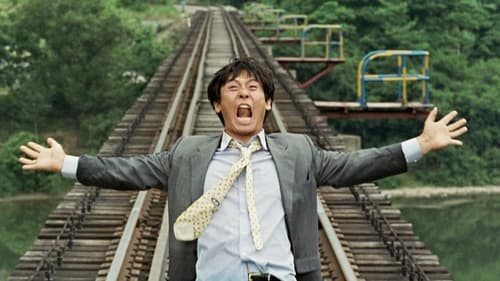
1999年春。鉄道の高架下で男ヨンホは全てを失ったいま、過去を振り返っていた。3日前、ヨンホは危篤状態にある初恋の相手、スニムを見舞う。数年前には行きずりのバーのホステスにスニムの面影を見る。さらに3年前、新米刑事のヨンホのもとにスニムがやって来るが、彼はそっけなく追い返してしまう。その4年前には兵役についたヨンホを訪ねたスニムだが面会許可がおりなかった。そしてその1年前、青年ヨンホはスニムとこの高架下で互いの将来を語り合っていた。
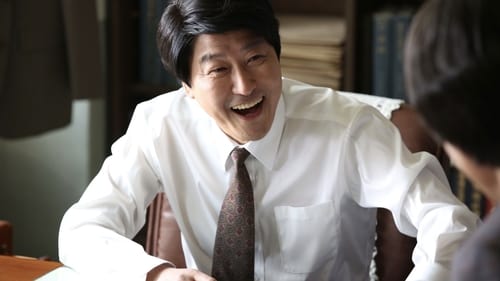
In the early 1980s, South Korea is torn by student protests over the lack of representation in the government. Song Woo-Seok is a successful attorney in Busan specializing in tax law. His views regarding civil liberties are changed by student activist Park Jin-woo. When Jin-Woo is brutally tortured and put on trial for his activism, Woo-seok decides to defend Jin-woo as his client.
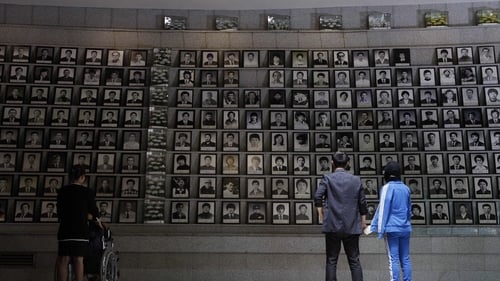
26 years ago, state troops were ordered to open fire on civilians in the city of Gwangju who were demonstrating as apart of a democratic movement. Thousands of civilians were killed. Now, a shooter from the national team, a gang member, a policeman, CEO from a large company and director of a private security outfit get involved in a plan to convict the person responsible for the massacre.

When the Chinese Communist Party backtracks on its promise of autonomy to Hong Kong, teenager Joshua Wong decides to save his city. Rallying thousands of kids to skip school and occupy the streets, Joshua becomes an unlikely leader in Hong Kong and one of China’s most notorious dissidents.
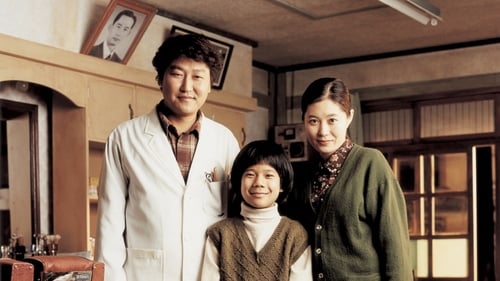
A well-meaning but politically naive barber gets pulled into the inner circle of the South Korean dictator Park Chung-Hee, with rather baleful consequences for his hapless family. This sharp political satire covers roughly twenty years in South Korean political history, from the viewpoint of the barber's son.
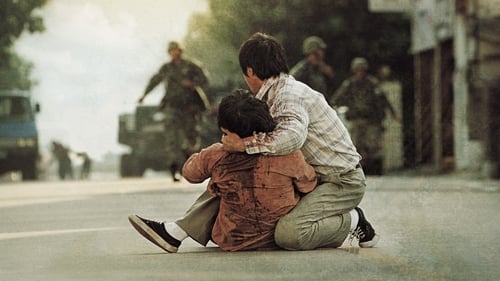
『木浦は港だ』(2004)、『第7鉱区』(2011)のキム・ジフン監督が、韓国近代史最大のタブーとされてきた“光州事件”を韓国映画史上初めて真正面から扱い、2007年に発表した衝撃の感動作。民主化を要求する学生デモへの軍による無差別発砲で多数の犠牲者を出した歴史的悲劇を100億ウォン(約12億円)の製作費をかけて描いた超大作で、韓国では730万人を動員し、年間興行成績第2位となる大ヒットを記録した。原題は戒厳軍の作戦名だった「華麗なる休暇」。第1回大韓民国映画演技大賞でナ・ムニが助演女優賞を受賞した。1980年、韓国・光州市。タクシー運転手の青年ミヌは、両親を早くに亡くし、高校生の弟ジヌの親代わりとなって懸命に面倒を見てきた。そんなミヌは、ジヌと同じ教会に通う看護師のシネに秘かな想いを寄せていた。5月18日、ミヌは、ジヌを交えた3人で映画を観に行くことになった。彼らが映画館でコメディ映画を楽しんでいた外では、学生の民主化デモ隊と戒厳軍の衝突が勃発していた…。やがて、その騒乱は映画館にも及び、ミヌたち3人もこの悲劇に巻き込まれていく。ミヌは政治には関心がなかったが親しい者たちが虐殺される姿を目の当たりにし、市民軍に参加するが…。
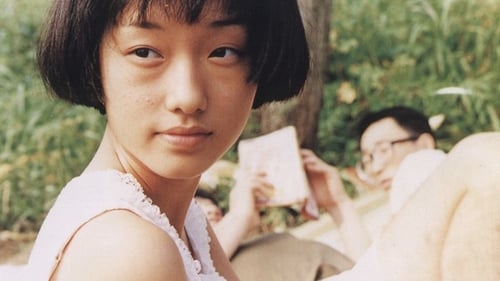
A young girl is caught up in the 1980 Gwangju massacre, where Korean soldiers killed hundreds, if not thousands, of protesters who opposed the country's takeover by the military the year before. Flashbacks show the girl seeing her mother shot to death in the massacre. The film spurred the Korean public to demand the truth behind the incident, and their government eventually opened previously classified files on the massacre.
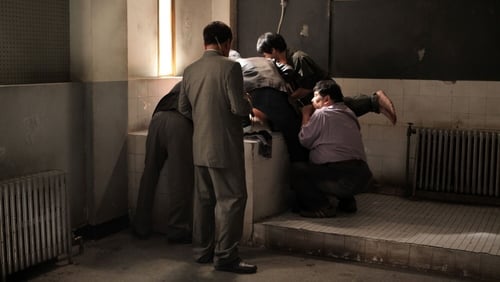
On September 4, 1984, democracy movement leader Kim Jong Tae (Park Won Sang) is arrested and taken to an infamous interrogation facility in Namyeong-dong. For the next 22 days, he would be cruelly and continuously tortured in all manners by interrogators intent on forcing him to confess to communist collaboration.

20 years after discharge from the army and now an excavator driver, a former paratrooper who had been mobilized to suppress the May 18th Democratic Uprising in Korea in 1980, happens to find a skull in the ground one day. Driving his excavator, he pays visits to his former superiors one by one and realizes they were all both assailants and victims of the times.

Blending politics with romance, noted director of “The Housemaid” weaves a story of two activists in hiding in a remote shack. The intimate setting proves to be fertile ground for hidden desires.
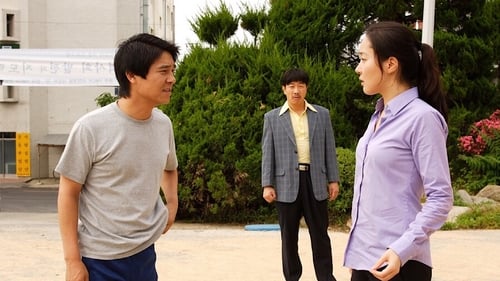
1980, Kwang-ju is fired up about a genius pitcher, a senior in high school. Ho-chang takes confident strides across the field making his way by cutting through the sand dust. He’s a university scouter on a mission. His task is to scout the genius pitcher, SUN Dong-yeul, a master of baseball who may be scouted to a rival university. But he is no where to be seen. But Ho-chang is determined to not let down his reputation as a successful scouter, and his scouting mission of 10 days begin! An original story of a scouter on a 10 day mission full of undisclosed history will now unfold!
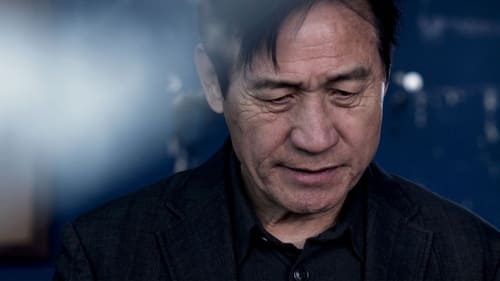
Chae-geun is a driver for hire with manic depression. He often talks to his son who is studying in the States and tells him he would keep his promise. He does a favor by acting as a temporary fiancé of a single woman named Jin-hee, who works as a waitress at a restaurant he frequents. Her father, who was a victim of the Gwangju Uprising in 1980, shows him a gun he stashed away 39 years ago and asks Chae-geun to help him exact revenge on those who were responsible for the May 18 incident.
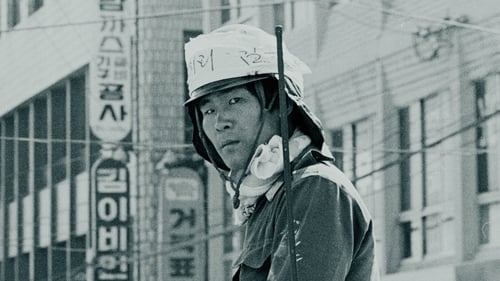
KIM-GUN searches for the whereabouts of a young man whose identity has sparked a national controversy over the 1980 May 18 Gwangju Uprising. Starting with the vague memories of those who had crossed paths with him during that time, the film tracks down those who participated in the Uprising as “Citizen Soldiers.” It also traces KIM’s final steps, based on photographic clues found in the firearms he carried and the “Surveillance Truck No. 10” in which he rode. By identifying KIM-GUN, we believe that we can find valuable leads to resolving the ongoing controversy over May 18. Why did a nameless young man join the Uprising? Why did he take up arms? Where has he gone afterwards? It is the answers to these questions that the film seeks.

In May of 1980, the city is locked down and phone lines are dead because of protests and struggles in demand of democracy. Just when Gwangju was being ignored by the media, Jurgen Hinzpeter, a reporter from Germany, sneaks in despite the danger!

Cheol-gi who dreams of a society that embraces justice begins classes at a night school. There he learns about political and social contradictions and the realities the people face. While doing research on factory conditions with his classmates Tae-il, Min-sook and laborers Hyun-sil and Bong-joon, Cheol-gi learns about the Revitalizing Reforms system and the improper practices in emergency measures. After the military revolution, during the election for a general student body in a move towards democracy, Cheol-gi unwittingly becomes a man on the run when emergency martial law is implemented in response by the government. Cheol-gi blames himself when hears about the deaths of Tae-il and Min-sook during the Gwang-ju Uprising from Hyun-sil and Bong-joon. Just when he and Hyun-sil try to start a new life together, Cheol-gi is arrested and put in jail. Inside the prison, he starts another move towards prison democracy.
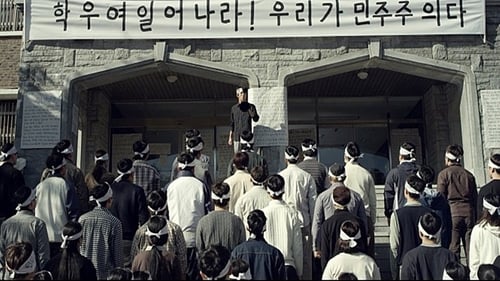
This is the story of a father who died mysteriously in May of 1980, a mother who lives in the shadows with a bullet in her head and not being able to forget May 18th and their daughter, and the nation's greatest comedian, Hee-soo.
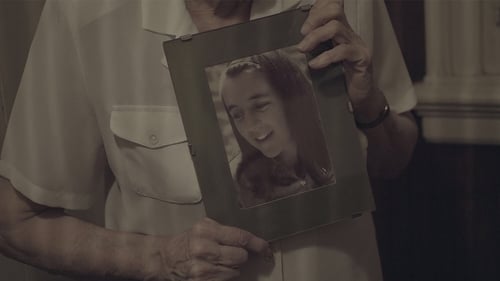
The title Good Light, Good Air is oddly paradoxical. Keenly working at the point where his artistic identity and persistent attention on modern Korean history meet, director Im in this film focused on where the history of oppression and struggle intersect between Gwangju and Buenos Aires. In both cities, a great number of people who fought against the dictatorship were slaughtered and disappeared. The people of both societies still live with that trauma. When the testimonies of the victims of the two cities cross over, the film gives us chills as the eerie history of the two is very similar. Through Good Light, Good Air, director Im asks us how we will remember the past from where we stand right now.

After the Gwangju Democratization Movement is terminated by brute force, Jong Soo runs from the authorities and goes to Dongducheon in search of Tae Ho, an older neighbor from his hometown. He is a student at Jeonnam University and a night school teacher who is on the run because of his involvement in the Gwangju Movement.


